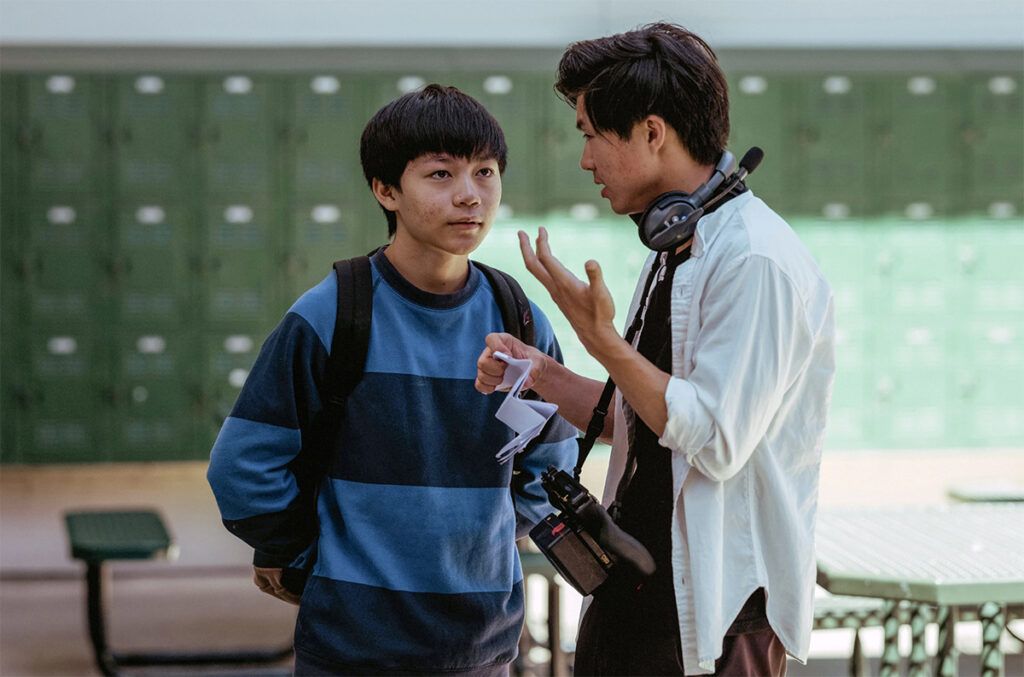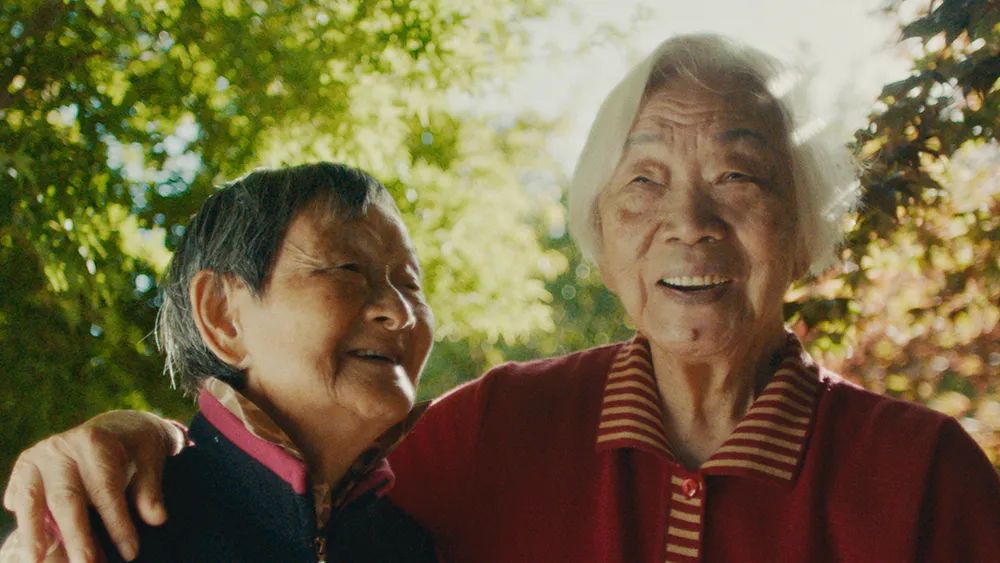
Born and raised in Fremont, California, filmmaker Sean Wang represents a new generation of Asian-American storytellers reshaping the American independent film scene. Now in his 20s, Wang’s work blends humor, nostalgia, and vulnerability, offering an authentic portrait of identity and belonging in modern America.
Growing up in a Taiwanese-American family, Wang often felt suspended between cultures — a theme that would later become central to his storytelling. After studying film and video production at the University of Southern California, he worked in creative roles at Google Creative Lab before focusing full-time on filmmaking. His early shorts explored themes of memory, migration, and connection, setting the stage for a deeply personal career trajectory.
Wang’s breakout came with his short documentary Nǎi Nai & Wài Pó, an affectionate portrait of his two grandmothers sharing their everyday life together. The film’s quiet humor and emotional intimacy resonated widely, earning an Academy Award nomination for Best Documentary Short.
With its tender tone and observational style, Nǎi Nai & Wài Pó introduced Wang’s ability to find universality in the specific — transforming family footage into art that speaks to broader questions of heritage and time. Through his grandmothers’ laughter, routines, and shared resilience, he captured the warmth of intergenerational love with an authenticity rarely seen in mainstream media.

In 2024, Wang made his feature-length debut with Dìdi, a coming-of-age story set in the summer of 2008. The film follows 13-year-old Chris, a Taiwanese-American boy growing up in the Bay Area, as he navigates family expectations, skateboarding, early internet culture, and the awkwardness of adolescence.
Infused with the spirit of that pre-smartphone era — flip phones, MySpace, and AIM chats — Dìdi captures the raw confusion of being young and in-between worlds. Wang’s directorial approach combines realism with warmth. He often casts nonprofessional actors and shoots in familiar neighborhoods, grounding his stories in lived experience.
The film premiered at the Sundance Film Festival, where it won the U.S. Dramatic Audience Award and a Special Jury Award for Ensemble Cast, solidifying Wang’s position as one of the most exciting new voices in independent cinema.
At the heart of Wang’s work lies an exploration of identity that moves beyond the typical “immigrant narrative.” Instead of focusing solely on external struggles, he captures the internal moments — embarrassment, curiosity, nostalgia — that define growing up between cultures.
His stories are deeply personal yet universal, evoking the awkwardness and beauty of youth in ways that resonate with audiences of all backgrounds. By blending humor and tenderness, Wang challenges the stereotypes often associated with Asian-American representation, showing that identity can be complex, imperfect, and deeply human.

Following Dìdi, Wang has hinted that his next project may experiment with musical elements, signaling his intent to continue pushing creative boundaries. Whether through documentary or fiction, his work remains rooted in honesty and empathy — qualities that distinguish him among the new wave of Asian-American filmmakers.
Still early in his career, Sean Wang has already managed to capture what many filmmakers spend decades chasing: the feeling of being seen. Through his lens, coming-of-age becomes not just a personal journey, but a collective reflection on memory, identity, and home.
2 days ago